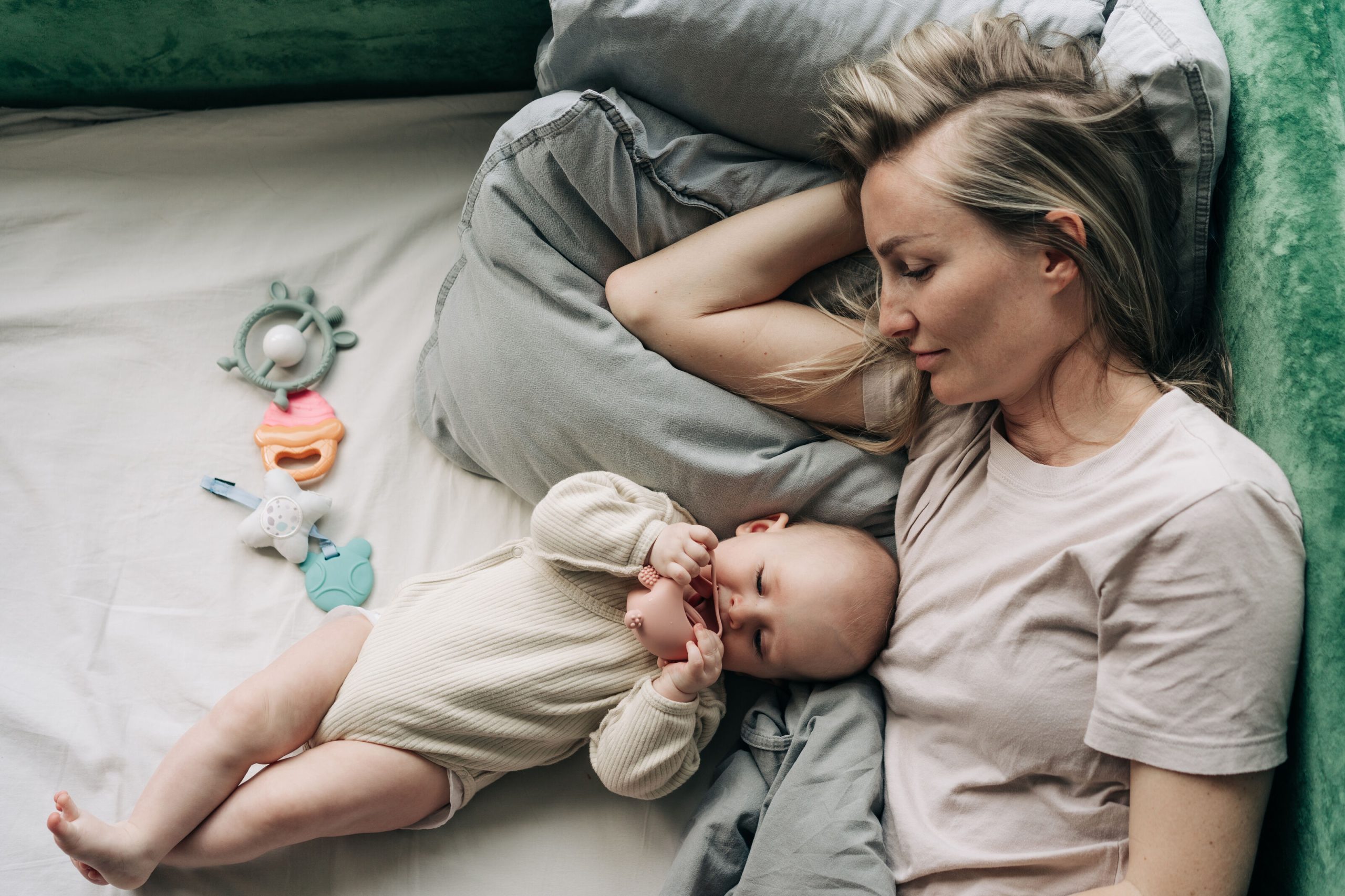If you’re reading this, chances are you’re dreaming of the day you can finally enjoy a full night of sleep. Don’t worry, that day is coming! It might feel like your little one will never stop waking up, but every baby gets there in their own time.
The truth is, your baby’s sleep patterns are all part of their incredible development, and with a little patience (and maybe some coffee), you’ll see progress sooner than you think. Let’s dive into what to expect as your baby grows!
Understanding Baby Sleep Patterns
Babies need a lot of sleep to support their rapid growth and development. Newborns, for example, typically sleep 12-16 hours in a 24-hour period. However, they don’t yet know the difference between day and night, and their need for frequent feeding means they sleep in short bursts, known as sleep cycles, lasting 20-50 minutes.
During these sleep cycles, you might notice your newborn moving, groaning, or breathing irregularly—this is called active sleep. They also experience quiet sleep, where they’re more still, and their breathing becomes more regular. It’s normal for newborns to wake between cycles, but as they grow, they’ll gradually learn how to resettle and fall back asleep.
Helping Your Baby Settle
You can gently guide your baby toward better sleep habits by:
- Placing them in their cot when they’re tired but still awake.
- Watching for tired signs and responding promptly.
- Establishing a consistent routine, like feed, play, sleep.
- Creating an ideal sleep environment with minimal noise, low light, and a comfortable temperature.
Milestones in Baby Sleep
- By about 3 months, babies begin developing a distinction between day and night. Sleep cycles get longer, and some babies may even sleep 4-5 hours at night.
- Between 3-6 months, most babies sleep 12-15 hours across 24 hours, with some night stretches lasting 6 hours.
- As they grow, sleep patterns continue to evolve. Between 6-9 months, growth spurts may disrupt sleep as your baby becomes clingier, fussier, and works on milestones like rolling or standing.
- Around 8 months, separation anxiety may cause more frequent wake-ups, but this is a healthy part of emotional development.
- From 6-12 months, many babies primarily sleep at night, with stretches lasting 5-6 hours.
- By their first birthday, most babies sleep 12-15 hours across the day and night.
Although most babies sleep through the night by 6 months, remember every baby is different. Your little one is on their own timeline, and with your gentle guidance, restful nights are just around the corner.
Sleep challenges are part of the journey, and they will improve over time. Hang in there—you’re doing amazing!








